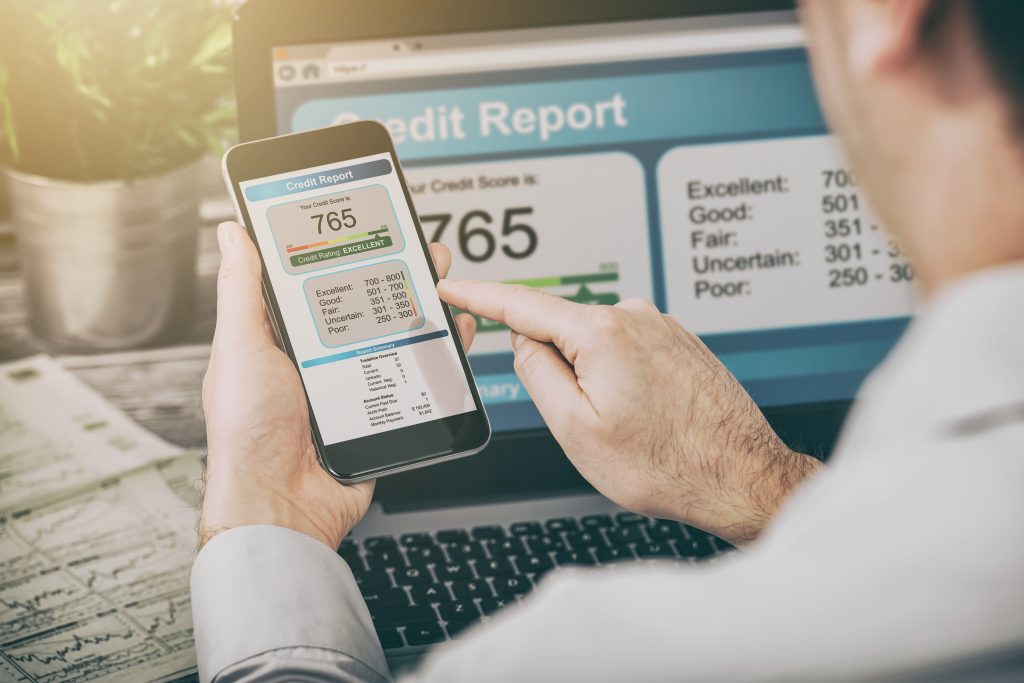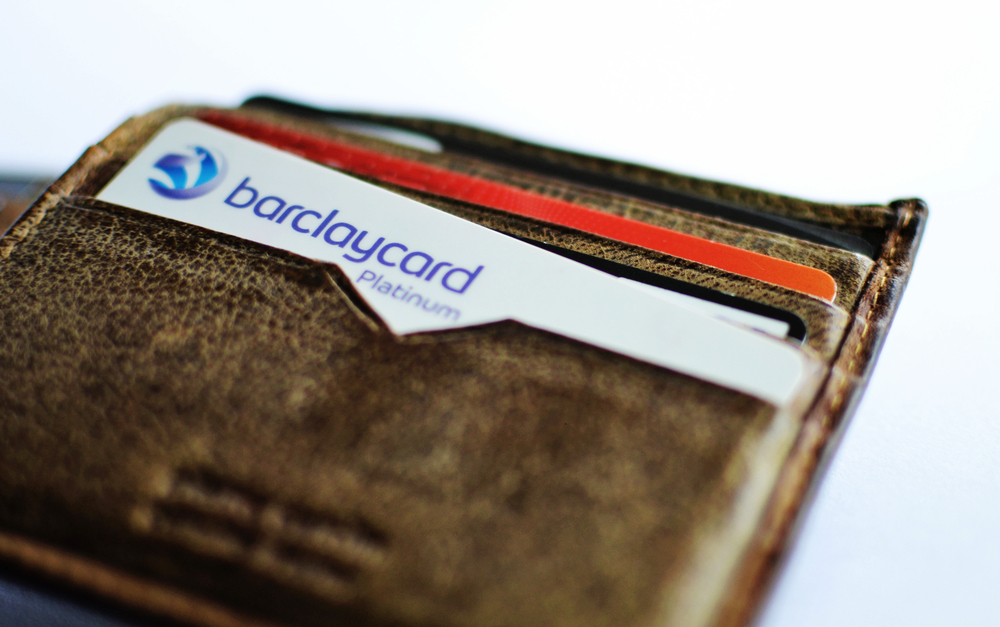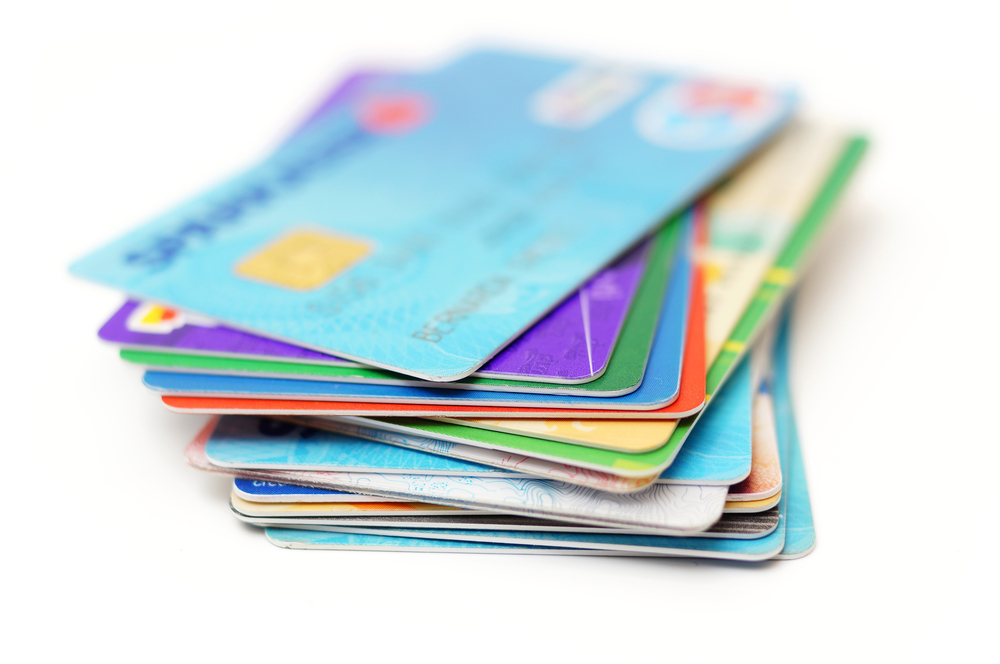There are ten major blind spots about what impacts a credit score affectng the UK that a finance company has urged customers to be wary of.
Only 44% of 2,000 respondents asked by Totally Money were aware withdrawing cash from a cash machine with a credit card would negatively affect their score.
A further 19% believe that even checking their credit score will be costly to their score and almost half (46%) incorrectly thought a criminal record would damage their rating.
The rating of an account holder is an evaluation based on the banking activities of an individual. It then gives lenders an idea of the likelihood that their customers will be able to pay back any borrowing. Another common misconception of the system was about adding your name to the electoral register – with only four in ten knowing that it is a relatively simple way to boost your score.
Not only can having a poor rating negatively affect the ability to take out a mortgage, loan, or apply for a larger overdraft, but even on acceptance there could be thousands of pounds being thrown away too.
This is due to many lenders including a higher interest – 69.9% in the case of the provider Bamboo – for borrowers with a low rating.
‘Banks have kept people in the dark for decades’
Following the study, ten common misconceptions regularly tripping up UK bank account holders arose. TotallyMoney CEO, Alastair Douglas, said: “For decades, banks have kept people in the dark about the information they have access to, how they use it, and why they make the decisions they do.”
“These decisions can have a life-long impact, from scuppering somebody’s chances of getting their first mobile phone contract to worsening the terms offered when buying their first home.
Douglas added: “The genuine lack of transparency has led to credit confusion, monetary myths, and people having to second guess how the system works. They need access to their own financial data, to be told what it means, and how it works. Only then will everybody have the tools they need to unlock a life of more choices.”
Here is the list of misconceptions alongside commentary from the Totally Money CEO.
The ten most common credit misconceptions
1. There is no credit blacklist
One of the most common, and costly of myths people have been led to believe is there’s a credit blacklist. However, neither you nor your address will find itself on a central database of borrowers excluded by the banks. But if you have slipped up in the past, filed for bankruptcy, or have a CCJ, you might only have access to a limited number of offers. That’s because your information is stored on your credit file, and they might see you as a risky borrower and therefore treat you with greater caution.
2. Get on the electoral roll
Being registered to vote can have a significant positive impact on your credit score, but more than half of adults aren’t aware of this. Being on the electoral roll can act as a vote of confidence — because banks can verify who you are and trust you’ll be able to repay what you borrow. Plus, if you’ve been at the same address for a while it can make you appear to be more settled and stable.
3. Criminal records aren’t visible
A criminal record won’t directly impact your ability to access credit, but nearly half of adults think it could. And while fines can impact your finances, they won’t be visible to lenders either.
4. You’re free to check your report
Your credit report contains the information banks use when deciding whether or not to let you borrow money — and remember, it’s your data and you should never pay to see it or use it. It’s also important to know that checking your report won’t negatively impact your score — in fact, it’s quite the opposite, as people who check it regularly have on average a better credit score.
5. What you earn doesn’t impact your credit score
Two in five adults think that the amount of money they earn impacts their credit score. And while it may give you some more financial freedom, income doesn’t show up in your credit report. However, it will be considered when banks are deciding who to lend to, as they’ll need to be able to make sure that you’ll be able to repay the money you borrow.
6. Student loans aren’t seen as loans
Student loans don’t appear on your credit report, and therefore aren’t used by Credit Reference Agencies when calculating your credit score. However, student loans might be considered by banks when running affordability checks, and could therefore impact your ability to borrow. That’s because the lender will need to make sure you’re able to keep up with repayments, and if you’re repaying other loans and credit agreements, you might find it harder to meet any new commitments.
7. Seek debt advice without a worry
There are a number of free, impartial debt advice providers out there, who could help you manage your money more effectively — and the good news is that it won’t impact your credit score. However, debt management plans can show up on your credit file and might impact your ability to borrow because it’ll show that you’ve struggled to keep up with payments before.
8. You could be given a different offer to what you applied for
Regulators require lenders to only provide 51% of successful applicants the advertised product. This means you could be offered a very different card to the one you thought you were applying for, including one with lower limits, and higher APRs. However, this can be avoided by looking out for offers which are pre-approved and guaranteed. That way you can apply with confidence and bank on getting exactly what you wished for.
9. Avoid using credit cards to withdraw cash
If you need quick cash and are thinking about putting your credit card in the ATM then think again. These transactions come with extra fees, often with a higher APR, and they can make it more difficult to borrow in the future. They can be particularly costly if you’re making multiple, smaller withdrawals, as you could pay £3.46 just to withdraw £10.
10. Prepayment meters no longer cost more
More than half of adults believe prepaid meters are a more expensive way of paying for energy than Direct Debit. However, on July 1st this year, the Government scrapped the prepayment meter premium, making energy fairer for three million households.





